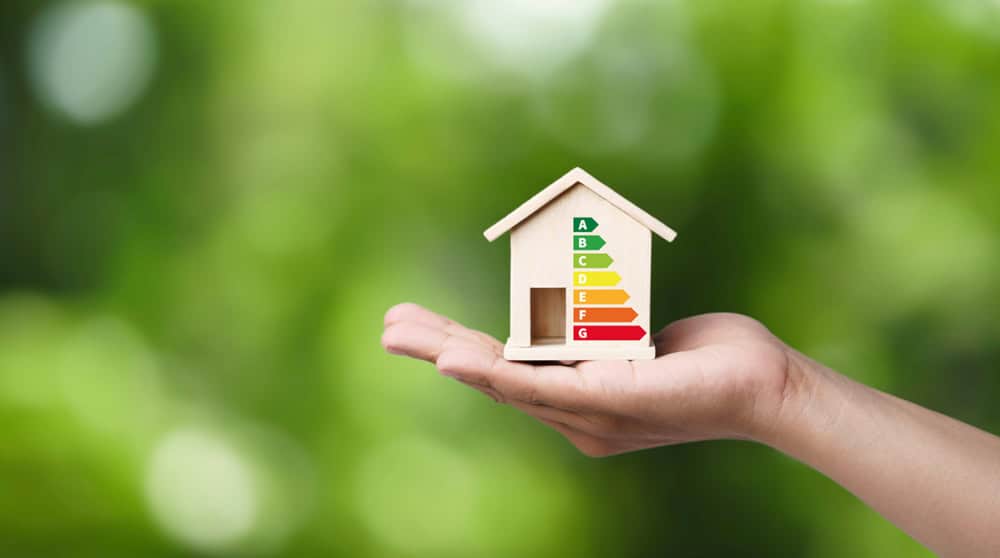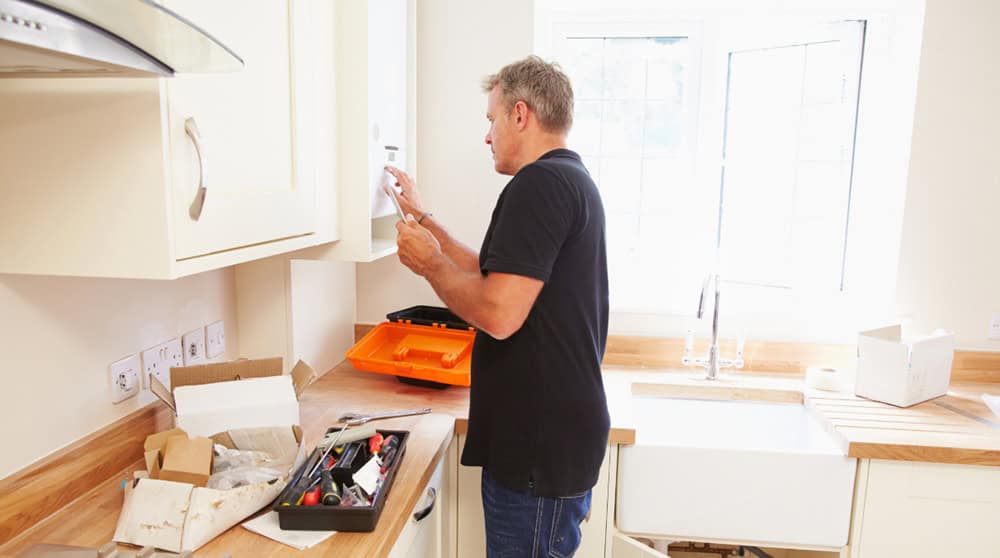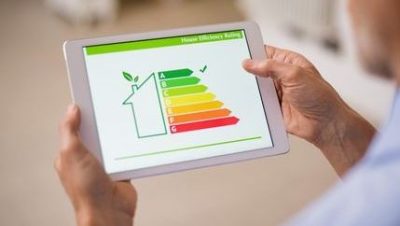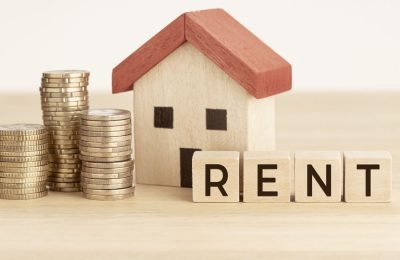Scotland’s ambitious climate change targets mean private landlords need to start thinking now about switching to more energy-efficient and sustainable heating sources.
While the details of new legislation are still being debated, the Scottish Government’s target is to reach net zero greenhouse gas emissions by 2045. We can all agree that measures to combat climate change are vital, so while 2045 may sound far off yet, we all need to start taking steps now if we’re to reach the targets.
Currently, heating our homes contributes around 20% of Scotland’s emissions, with mains gas the primary heating fuel for more than three quarters of Scottish homes. This means that – along with homeowners and social landlords – private landlords have a responsibility to consider switches to highly energy efficient and sustainable home heating.
A time of transformation
Luckily, with advancements in modern technology, the way we heat and power our homes is undergoing a significant transformation.
Traditionally, homes here were heated using coal or wood-burning fires and stoves, which provided warmth but also emitted harmful pollutants into the atmosphere. As technology advanced, gas and electric heating systems became more prevalent, offering a more efficient way to heat homes. However, gas is of course a fossil fuel, and conventional electricity generation has been through the unsustainable burning of gas, oil, and coal.
It is said that necessity breeds innovation, and with the realisation of the climate change, new sustainable energy technologies have developed, from hydro power in the first half of the 1900s to wind power in the 1990s. Innovation continues at a rapid pace, with the more recent emergence of renewable energy sources like solar panels and heat pumps. These technologies harness the power of the sun and the earth’s natural heat to provide sustainable heating and power solutions for homes.
What will the net zero legislation mean for private landlords in Scotland?
The Scottish Government recently consulted on its Heat in Buildings Bill, which proposes a new Heat in Buildings Standard and the requirement for homeowners to make sure that their homes meet a reasonable minimum energy efficiency standard by 2033. Private landlords, however, would be required to meet this standard in their rental properties by 2028.
This earlier target date recognises that private rental homes typically have a lower energy performance rating, with tenants usually unable to make energy efficiency improvements without permission.
Private rental properties which don’t meet the required energy efficiency standard by the end of 2028 would not be permitted to be leased to a new tenant, should the existing tenant leave.
What does the proposed Heat in Buildings Standard include?
The Government’s proposal suggests that the new minimum energy efficiency requirements should be met through the installation of a list of simple measures. This might comprise:
- 270mm loft insulation
- Cavity wall insulation
- Draught-proofing
- Heating controls
- 80mm hot water cylinder insulation
- Suspended floor insulation
While these may be straightforward measures for many properties, the Government has acknowledged that this won’t be the case for all. Certain properties may be eligible for additional time beyond the 2028 cut-off, may be asked to meet a modified version of the Standard, or made exempt.
Which steps can private landlords take to move towards the required energy efficiency standards in time for 2028?
There’s a lot that private landlords can do now to start moving their properties towards the new energy efficiency requirements.
Smart thermostats and home automation systems
In addition to the suggested measures above, that are appropriate for your property, landlords can consider a smart thermostat or home automation system. These devices are one of the most exciting developments in home heating and power technology, and allow homeowners and tenants to control their heating and power usage remotely. By programming heating schedules and monitoring energy usage, smart thermostats can help to optimise energy efficiencies and reduce waste – reducing carbon emissions and helping tenants to save money on energy bills.
Geothermal and air source heat pumps
Another innovative technology that is gaining popularity is the use of geothermal and air source heat pumps. These systems extract heat from the ground and use it to heat homes in the winter and cool them in the summer. Geothermal and air source heat pumps are highly efficient and environmentally friendly, making them a popular choice for homeowners and landlords looking to reduce their carbon footprint.
High-efficiency gas boilers
While a new gas boiler might not be on the Scottish Government’s list of suggested measures, it remains a viable, practical alternative to heat pumps – which may not be appropriate for much of Edinburgh and Glasgow’s tenement private housing stock. Instead, landlords could consider a new, very high efficiency gas boiler.
This alone could increase an EPC rating (on the current scale) by as much as 40 points, which could make the difference in achieving the proposed minimum standards for EPC ratings in private rental sector properties.
Again, there are added benefits to installing a new, highly efficient boiler – you’ll safeguard yourself against costly maintenance and potential breakdowns, while making your property more desirable to tenants, who will themselves benefit from lower energy bills.
Hydrogen-ready
In recent years there has been significant investment in feasibility and sustainability studies in phasing out usage of natural gas and replacing it with hydrogen. The by-product of burning hydrogen is water vapour, meaning there are no carbon emissions. The first step in this switch would be to introduce a blend of 20% hydrogen to the existing gas network.
Installing a brand new boiler in your rental property will also future-proof you for this potential change, as all condensing boilers now sold are ‘hydrogen ready’, and able to work with a blend of up to 23% hydrogen.
What should private landlords do right now?
Your first step should be to consult with a qualified heating engineer to discuss the appropriate options for your property, allowing you to choose the best heating option for you. Should you opt for a new boiler, the installation and ongoing servicing must also be carried out safely and efficiently, so take the time to check that the engineer you choose is on the Gas Safe Register.
Despite the benefits of renewable energy sources, the initial investment required can be a deterrent for some landlords. However, by identifying the most feasible measures for your property now, well ahead of the government’s deadlines, you will give yourself some time to plan ahead and budget for the essential improvements in your property.
Where can private landlords find help and advice?
Home Energy Scotland offers free, expert and impartial advice on how to make your property more energy efficient and can provide information about financial support that may be available.
This support includes the Private Rented Sector Landlord Loan provided by Home Energy Scotland. The amount of loan on offer depends on which improvements landlords are making and how many properties they own.
You can speak with an advisor on 0808 808 2282 or visit their website.
We’re on our way to Net Zero Scotland
Modern technology is transforming the way we heat and power our homes, offering more efficient and sustainable solutions than ever before.
Private landlords have a range of options to consider, and it’s essential for landlords and letting agents to stay informed about the latest advancements in home heating and power technology. By embracing sustainable energy practices and investing in renewable energy sources, landlords can not only reduce their carbon footprint to comply with forthcoming legislation, but also improve the desirability of their property to potential tenants.












